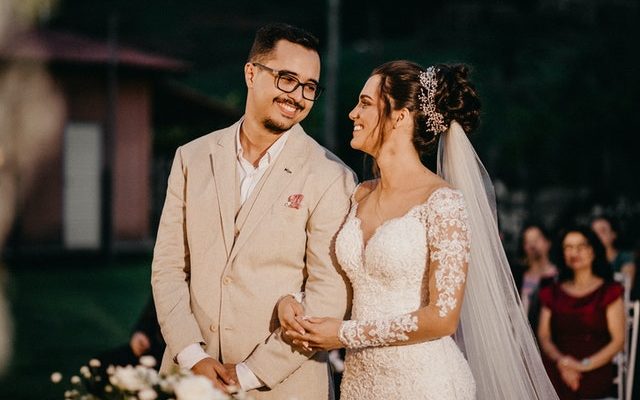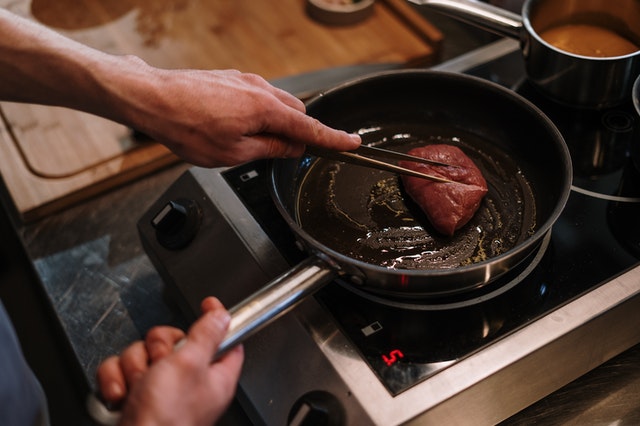
As of 2018, the regulation regarding the limited community of property is mandatory for people who marry or have a cohabitation contract. Whatever has happened and has been built up before the marriage will no longer automatically belong to your partner and you together. It is still possible to have this described by a notary. When there are extra debts or possessions these will automatically be allocated to both 50%. Also when you start a business this is how the division works. Everything that was before the marriage is described and everything that comes with it. When you get divorced, the property will be divided fairly.
Why limited community of property since 2018 money
In 2018, the concept of limited community of property was introduced. This applies to anyone who is going to live together or get married. If you want to extend this or have it described differently you will have to apply for this via the notary. If you do not make a choice the limited community of property will follow automatically. You can still have a prenuptial agreement or partnership agreement drawn up.
It is also possible to choose to keep the debts separate. You can also stipulate that gifts and inheritances are only for the recipient and not for both partners. People in a registered partnership also have these conditions.
What were the conditions for the limited community of property?
If you got married before 2018 you automatically established community of property. To avoid having to pay your partner's debts or share in your partner's assets you now do so under limited conditions of property. This also applies to your own house. Before 2018, this was always owned jointly by the partners. Now this is only possible if you specifically state this. An exception to this was back then that an inheritance was from one person. This is still the case now.
What are the additions to the limited community of property?
Using the limited community of property has many advantages. For example, you can describe the possessions you had before the marriage as private property. This ensures that when you get divorced, no disagreement can arise. You can make this argument up to 10 years after the marriage. Any gifts and inheritances will also remain your own and will no longer be automatically shared with your partner. This ensures that they really belong to you when you separate. What you build up during the marriage is yours and yours alone. So you can make a new start together.
Protection of the law
By using the limited community of property, your partner's creditors cannot claim any money from you. Note that if the debt cannot be paid from your partner's personal income they can come back to you. Make sure you always have receipts from your private property. Creditors will not be able to seize these. Anything bought during or after the marriage can be claimed. You should not be fooled into thinking they have a claim on your property. Read the letter of the law carefully.
Misunderstandings regarding the limited community of property
It is a misunderstanding that you think you do not have a limited community of property when you draw up a cohabitation contract. This is in fact mandatory by law since 2018 and therefore also applies when you start describing the cohabitation. The house will be divided over 2 people in an equal division. If you do not want this, you will have to draw up partner conditions together with a notary. It is an important choice in your life so think carefully about it. You do need to describe what your private property was before the marriage with proof of purchase. This way you will not be dragged into possible debts in the name of your partner. This can save a lot of trouble.
Your house in a limited community of property
Everything you had before the marriage remains yours as an owner. This also applies to the new limited community of property conditions. If you buy a house during the marriage then the division is 50% for everyone. The marriage itself is often a big step which you should think about carefully. It is also possible that your partner has a larger estate and does not want to share it with you. If you agree with this then limited community of property is the solution. Even if you do not want to share certain items of jewellery or cars you can have this described in the contract. This way you can also make sure that your partner is not dragged along in possible debts. However, you will need to have a good idea of what your private property was before the marriage.










